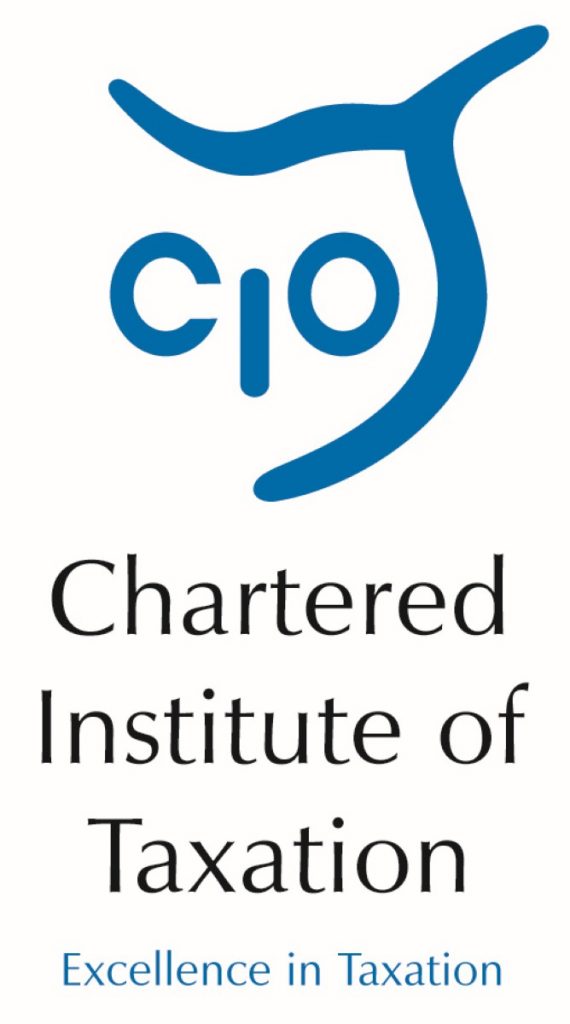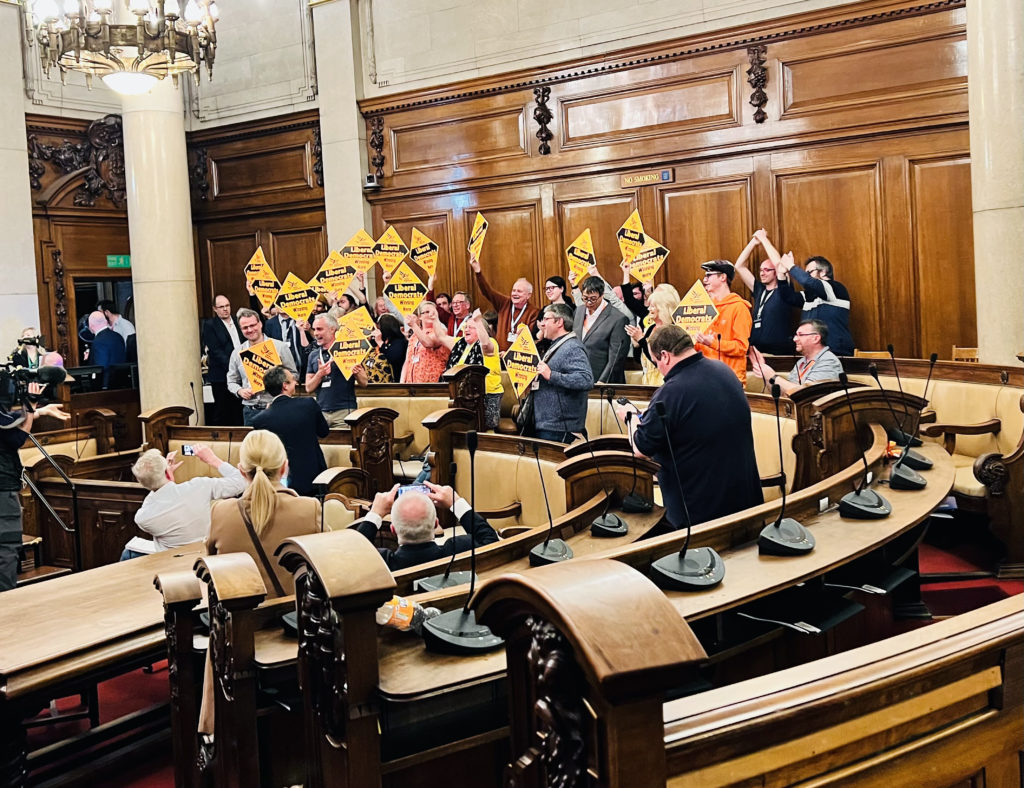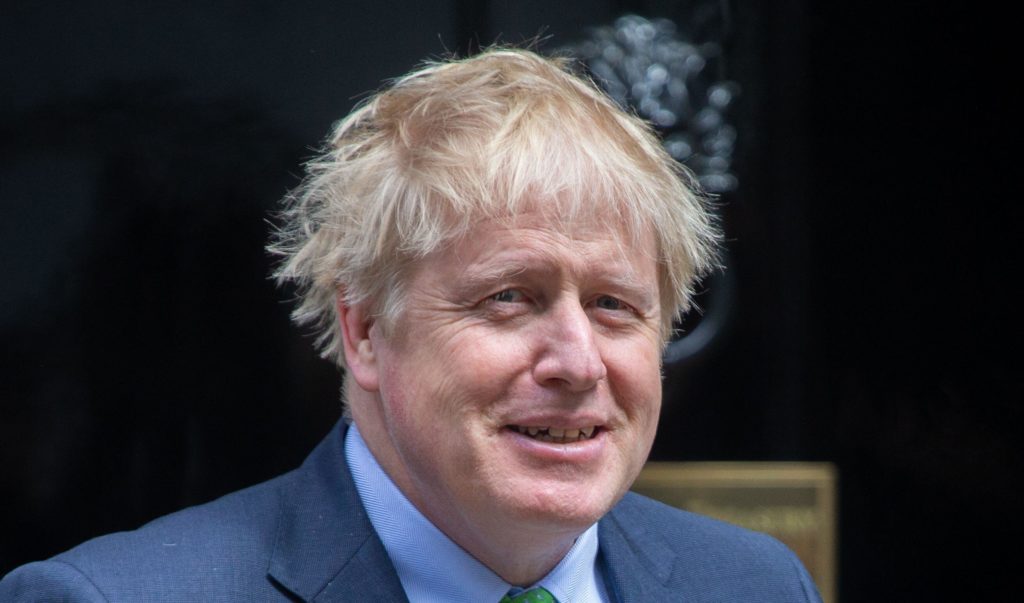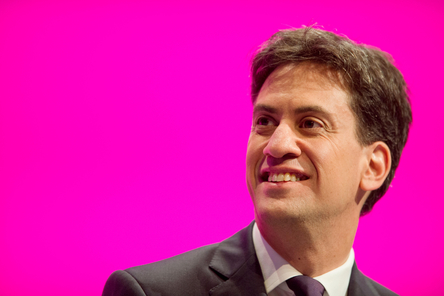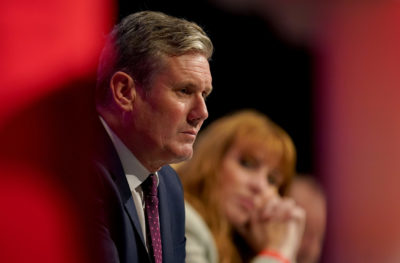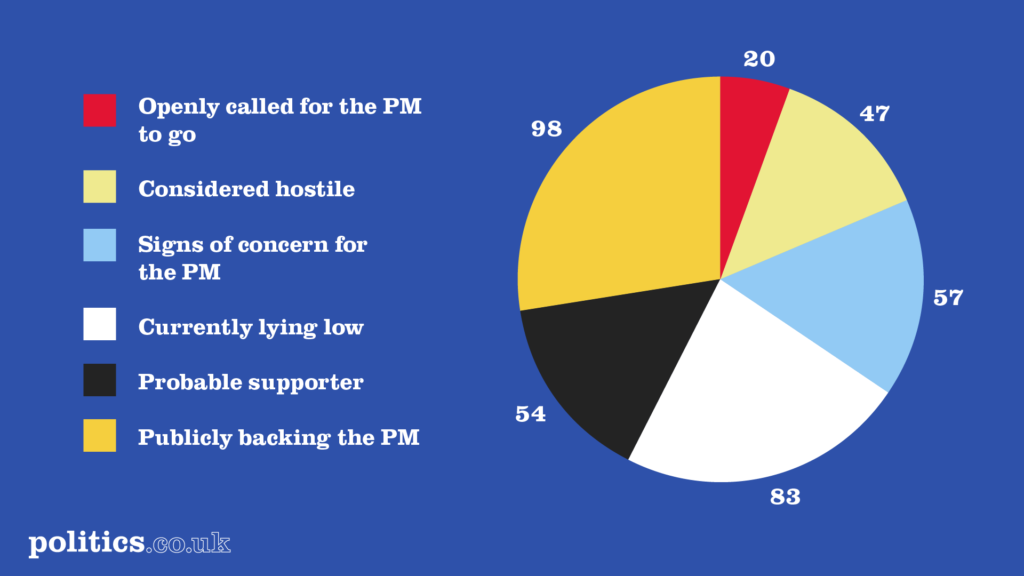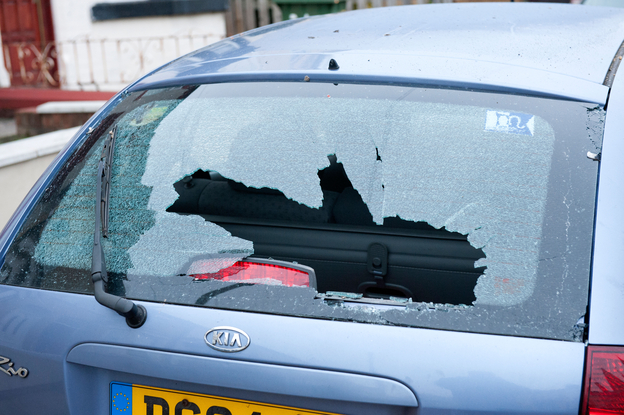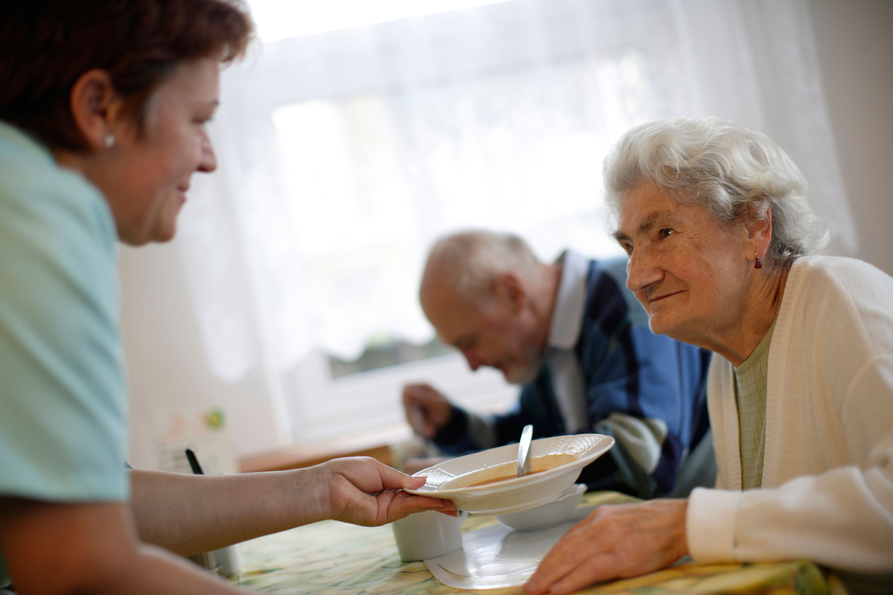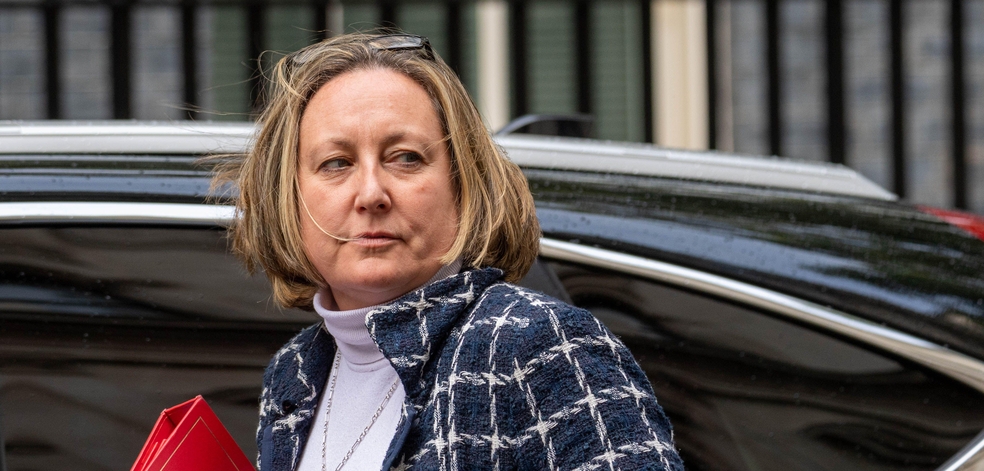What is monarchy?
is rule by an individual who is , and the system is usually hereditary. The term derives from the Greek, monos arkhein, meaning ‘one ruler’.
Do the public support the m
The argument that the UK should abolish the m and become a republic remains at the fringes of mainstream political debate.
The British m as an institution generally retains large public support and the herself is perceived largely as above criticism. .
According to YouGov Polls in October 2020, 67% of people wished to see the continue in the future, compared to 21% who stated their preference for an elected head of state, and 12% who didn’t know.


Support for the r remained almost identical amongst different social classes, albeit there were regional and age variations.
Compared to 67% in the as a whole, just 58% of Londoners and 42% of those aged 18-24 supported the continuation of the m.
The role of the British m
The British monarch, Queen Elizabeth II, is the sovereign and head of state of the UK and its overseas territories. The monarch, referred to in the abstract as ‘The Crown’, is the formal source of all legislative and executive power.
However in practice, the British political system is a ‘‘: the supreme power held by the is largely ceremonial and formal, with actual exercised by others.
In the , the m has the following constitutional duties: the state opening of p; the appointment of the prhe approval of parliamentary legislation; the approval of official appointments; the approval of secondary legislation through the privy council; representational duties as head of state such as paying and receiving state visits to and from other heads of state; receiving the credentials of foreign Ambassadors; and regular confidential audiences with the p.
In addition to these constitutional duties, the m is also the head of the armed forces; the head of the judiciary; and the head of the civil service. Since Henry VIII, the British monarch has been Supreme Governor of the Church of England.
The monarch is also the fount of honour, and all honours are awarded in his or her name (although, with notable exceptions, most are awarded on the advice of the g).
The British mis also the Head of the Commonwealth, and the head of state in 15 of the other 53 Commonwealth member countries.
The case for a c
The most frequent arguments made in favour of a constitutional m revolve around:
Am impartial and symbolic head of state
A c is one who is above party politics or factional interests. The is thus said to be a focus of national unity. Supporters of a stress the benefits of the head of g (the p) being separate from the role as head of state.
A constitutional monarch is also able to give impartial non-political support to the work of a wide range of different types of organizations and charities that would not be possible in the same way for a political figure.
This unifying non political role of the royal family spreads through the Queen’s annual Christmas Broadcast, attendance at ceremonial events like Trooping the Colour, and the dispatch of congratulatory telegrams to centenarians and couples marking their Diamond Wedding anniversary.
The ‘s Annual Report in relation to the Grant in 2019/20 detailed how 139,000 guests were welcomed by the Queen and other Members of the Royal Family at Royal Residences for events such as garden parties and investitures,
The Queen was said to have undertaken 296 official engagements in the year 2019/20, as part of 3,200 official engagements undertaken by members of the royal family.
A link with history
A co represents a constant and lasting connection to the ‘s past, with links that date back through history. The British m is also the Head of State of 15 other independent countries, as well as being the head of the commonwealth of 53 Nations.
A powerful global representation of Britain
The international recognition of the , with its associated foreign tours and state visits, is said to help support the influence of around the world. This is said to bring notable benefits in terms of security, influence, and trade.
The Consultancy Brand Finance has estimated that the gain in trade, resulting from the mbassadorial role could be worth as much as £150m a year.
A magnet for tourism
The are said to represent a strong draw for tourists to visit . The Organisation Visit estimated that tourism linked to residences such as Buckingham Palace, Windsor Castle, and Balmoral Castle adds up to 2.7 million visitors a year.
The consultancy Brand Finance estimated that the drew in £550 million of tourist revenues a year. Such figures are questioned by others, but supporters of the pose the counter factual question as to how much tourism may not come to Britain, if the monarchy was abolished.
The most frequent arguments made for the abolition of the monarchy are:
Democracy
It is argued that in a democracy, the public should be able to exercise democratic control over the Head of State. This relates to both electing the post, and having the instruments to check or even impeach whoever holds that role. None of this is possible if the head of state is a hereditary .
Campaigners for the abolition of the m, such as the campaign group, ‘Republic’, have argued that a is fundamentally undemocratic. They argue that only an elected head of state can change the political culture and the relationship with those in power.
The group also attack what they perceive as the ‘s use of their privileged status to regularly involve themselves in the ‘s politics. This is said to be evidenced by the volume of private letters written by the current Prince of Wales to Ministers on a regular basis.
The Established Church
The continuing existence of the r also attracts criticism because of the way in which the m is both the head of the church and head of state.
It is argued that having an established church, in the form of the Church of , discriminates in favour of one religion above all. It is said that this is a piece of religious discrimination which is a dangerous anachronism in a multi-cultural, mainly secular society.
A similar argument is advanced around the automatic right of Bishops to sit in the House of Lords.
Costs
Campaigners for reform of the have pointed to the cost of the .
At over £80 million per year, they argue that the British s is the most expensive m in Europe . In comparison, the Spanish cost £6.15m, and Swedes reportedly pay £11.6m for their .
A forward looking Britain
Campaigners for the abolition of the monarchy, argue that having an elected head of state would give a global boost to brand ‘‘. It is argued that such a change would project the image of a modern, confident, and forward looking abroad.
They also argue that the existence of hereditary power at the top of the country’s political, military and religious institutions, perpetuates a mentality which they describe as being defined by social class. This criticism is frequently tied to criticism of the honours system.
British monarchy – Headline statistics
Elizabeth is the longest , having been of the , Canada, Australia and New Zealand since 6 February 1952. Only five other kings and queens in British history have reigned for 50 years or more. They are: Queen Victoria (63 years), George III (59 years), Henry III (56 years), Edward III (50 years), James VI of Scotland (James I of ) (58 years).
Since 1952 The has given Assent to more than 3,650 Acts of
Over her , Her Majesty has given regular audiences to 14 Prime Ministers. They are: Winston Churchill 1951-55; Sir Anthony Eden 1955-57; Harold Macmillan 1957-63; Sir Alec Douglas-Home 1963-64; Harold Wilson 1964-70 and 1974-76; Edward Heath; 1970-74; James Callaghan 1976-79; Margaret Thatcher 1979-90; John Major 1990-97; Tony Blair 1997-2007; Gordon Brown 2007-2010; David Cameron 2010 – 2016; Theresa May 2016 – 2019; and Boris Johnson, 2019 to date.
There have been seven Archbishops of Canterbury during The ‘s Archbishops Geoffrey Fisher, Michael Ramsey, Donald Coggan, Robert Runcie, George Carey, Rowan Williams, and Justin Welby.
There have been seven Popes during The ‘s Pius XII, John XXIII, Paul VI, John Paul I, John Paul II, Benedict XVI, Pope Francis.
How much does the r cost?
Direct funding to meet the monarchy’s official expenditure is now provided through what is called the ‘Sovereign Grant’. This replaced the Civil List and ‘grants in aid’ from the government in 2012. The grant is reviewed on a five yearly basis.
In 2019-20 the Sovereign Grant was £82.4 million. These figures have risen from £47.4 million in 2017-18, largely to cover the refurbishments and reservicing required at Buckingham Palace.
Supporters of the monarchy equate this to £1.23 a year for every person in the UK.
Separate to the Sovereign Grant, the Royal Family’s security bill is picked up by the Metropolitan police in London, while the costs of royal visits are borne by local councils.
The Queen, Prince Charles and other members of the royal family have private incomes from their private landed estates and financial assets. In 2016-17, the Queen received revenue of £19.1 million from a landed estate called the Duchy of Lancaster. In the same year, Price Charles earned £22.5 million from his estate, the Duchy of Cornwall.
The Queen has voluntarily paid income and capital gains tax since 1992 on her private income and the revenues not used to finance her official work. Prince Charles has also voluntarily paid income tax on his income from the Duchy of Cornwall, since 1993.
Prince Charles’ lobbying
In the past Prince Charles has come under scrutiny amidst claims that he regularly writes to government Ministers. A selection of his letters have previously been revealed following Freedom of Information Requests.
https://pukdevelop.wpengine.com/cartoon/2021/11/12/the-prince-charles-manifesto/
https://pukdevelop.wpengine.com/comment-analysis/2014/06/30/comment-prince-charles-lobbying-is-a-stain-on-the-reputation-of-the-monarchy/
The history of the British monarchy
Elizabeth II can trace her lineage back to Egbert, who united in 829. The only interruption to the institution of the was its brief abolition from 1649 to 1660, following the execution of Charles I and the rules of Oliver Cromwell and his son, Richard.
The crowns of and Scotland were brought together on the accession of James VI of Scotland as James I of in 1603. The 1707 Act of Union joined the countries as the Kingdom of , while the 1801 Act of Union joined this with the Kingdom of Ireland, to create the .
Over the last thousand years, in has passed from the , who reigned and ruled by virtue of the ‘Divine Right of Kings’, to . began as a body of leading nobles and clergy that the consulted in the exercise of power, which gradually assumed more and more power at the expense of the – particularly during the upheavals of the 17th Century, which culminated in the ‘Glorious Revolution’ of 1689. The 1701 Act of Settlement, critically, passed the power to decide on succession to the to .
By the beginning of the 20th Century, power had passed almost entirely to . However, and the exercise their powers under ‘ Prerogative’: on behalf of the and through powers still formally possessed by the .
In 2011, the agreed an end to the primogeniture rule for descendants of the of Wales. This means that if the first child of the and of Cambridge had been a girl, she would succeed to the ahead of any brothers that she may have. The current line of succession is Prince Charles, Prince William, and then Prince George.
It was agreed to abolish the rule which says that no-one who marries a can become M. However, the must be in communion with the Church of because he or she is the head of that church.
The early 2020s have seen the British Royal Family endure their most difficult period in the media spotlight since the divorce of Prince Charles and Princess Diana in the early 1990s.
In early 2021, Prince Harry and his wife, Meghan Markel gave a TV interview with Oprah Winfrey in America. In the interview, Markel claimed that Harry had been asked by an unnamed family member “how dark” their son Archie’s skin might be. The comments came at a bad time for the Royal Family, with Prince Andrew facing regular questions around his relationship with the disgraced financier Jeffrey Epstein.
In 2021, the Queen’s husband Prince Phillip died aged 99. He had acted as royal consort between 1952 and 2021, making him the longest ever serving royal consort.
https://pukdevelop.wpengine.com/video/2021/04/12/mps-pay-tribute-to-prince-philip/
Quotes
“The events that I have attended to mark my Diamond Jubilee have been a humbling experience. It has touched me deeply to see so many thousands of families, neighbours and friends celebrating together in such a happy atmosphere”…”I hope that memories of all this year’s happy events will brighten our lives for many years to come. I will continue to treasure and draw inspiration from the countless kindnesses shown to me in this and throughout the Commonwealth. Thank you all.” The ‘s Diamond Jubilee Message – June 2012
“No. I am not a royalist. Not at all. I am definitely a Republican in the British sense of the word. I just don’t see the use of the though I’m fierce patriot. I’m proud proud proud of being English, but I think the symbolizes a lot of what was wrong with the “. Actor – Daniel Radcliffe
“Canadians should realise when they are well off under the . For the vast majority of Canadians, being a is probably the only form of acceptable to them. I have always been for parliamentary democracy and I think the institution of with the heading it all has served Canada well”, Former Canadian – Pierre Trudeau
“The is so extraordinarily useful. When wins a battle she shouts, God save the ; when she loses, she votes down the .”. Winston Churchill
https://pukdevelop.wpengine.com/blogs/2019/10/04/week-in-review-harry-and-meghan-treatment-shows-how-messed-up-britains-attitude-to-royalty-is/
https://pukdevelop.wpengine.com/comment-analysis/2015/03/26/prince-charles-judgment-puts-government-on-warpath-against-the-law/
https://pukdevelop.wpengine.com/news/2014/09/23/cameron-says-queen-purred-after-no-vote/
https://pukdevelop.wpengine.com/reference/honours-system/

